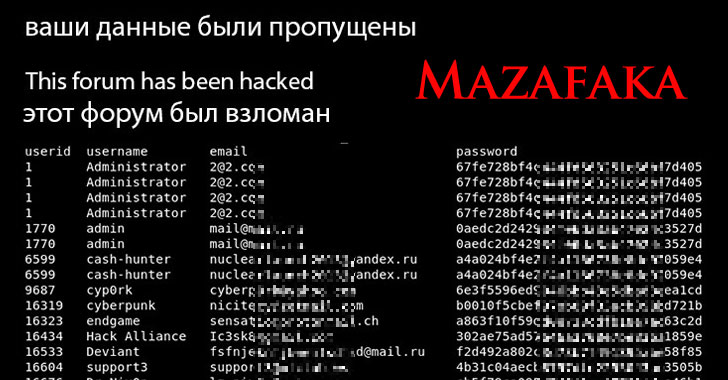Newly discovered flaws in Microsoft Corp.’s software for email and contacts has raised concerns at the highest levels of the U.S. government, which is urging users to immediately apply patches.
A sophisticated attack on Microsoft Corp.’s widely used business email software is morphing into a global cybersecurity crisis, as hackers race to infect as many victims as possible before companies can secure their computer systems.
It appears the attackers used Zoom invites as a lure together with an extensive list of email addresses, in this way “Contact” was able to deliver messages from hacked accounts on the SendGrid cloud-based platform.
With CERT-FR warning that Ryuk now has worm-like capabilities, attackers can now more quickly spread the malware inside a network. Earlier, it could only target one system at a time.
Cyberattackers behind ObliqueRAT campaigns are now disguising the trojan in benign image files on hijacked websites. Four new versions of the malware have been recently discovered.
Digital ad companies are exploring a new technique wherein they masquerade as serving first-party, rather than third-party cookies, to circumvent the protections offered by adblocking software.
The Reserve Bank of New Zealand recently became the victim of a data breach affecting users’ personal information due to zero-day flaws in a legacy file sharing solution provided by Accellion.
A mysterious cybercrime group apparently driven by profit has been targeting industrial organizations in Europe, Asia and North America as part of an information theft campaign.
A prominent underground online criminal forum by the name of Maza has been compromised by unknown attackers, making it the fourth forum to have been breached since the start of the year.
Two newly discovered forms of ransomware with very different traits show just how diverse the world of ransomware has become as more cyber criminals attempt to join in with cyber extortion.






